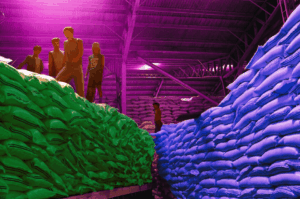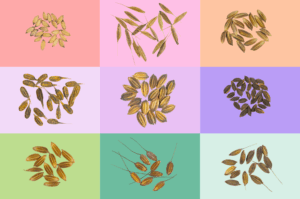
DHAKA, Bangladesh— Integrated weed management (IWM) trials were conducted in 20 farmers’ field in Jessore and Faridpur Districts to introduce farmers to a systematic and holistic approach to weed control.
The trials were organized by the Cereal Systems Initiative for South Asia (CSISA) and the Bangladesh Rice Research Institute (BRRI) during the 2016 aman cropping season to spread awareness in the proper use of herbicides and low-cost weed management technology.
The yield losses in different systems of rice cultivation in Bangladesh range from 15-40% in transplanted rice and 40-90% in direct seeded rice due to poor control of weeds. As a result, the application of chemicals in the country increased to a significant level. But the heavy reliance on herbicides has some disadvantages. For one, many farmers are not aware of its proper use and application. In addition, the continuous long-term use of herbicides may result in the evolution and widespread distribution of invasive, herbicide-resistant weed. Both herbicides and resistant weed can pose a threat to the environment.
Many Bangladeshi farmers who participated in the IWM field trials learned the proper use of herbicides and low-cost weed management technology. With the success of the IWM trials in Jessore and Faridpur, CSISA and BRRI will organize similar activities in the other regions of Bangladesh.










